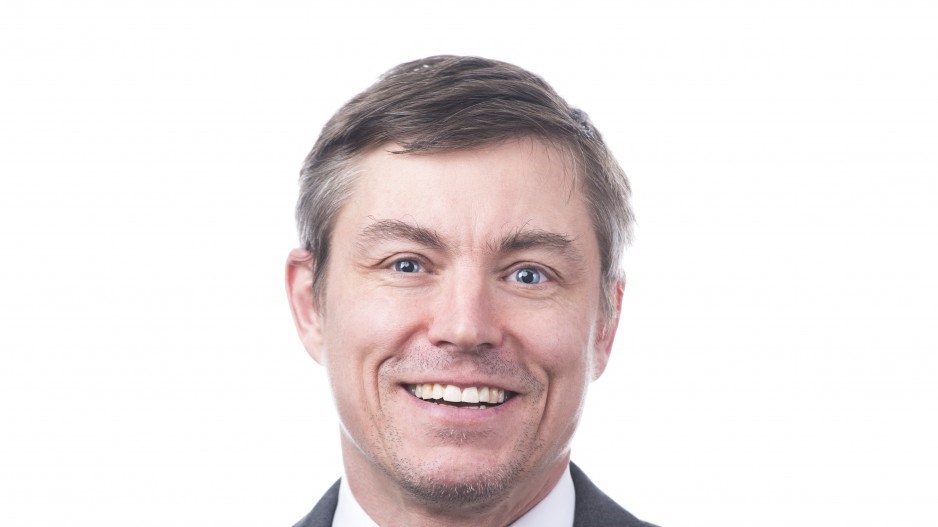Running a business is a risky operation at any time, rife as it is with uncertainty, and the current landscape of political, socio-economic and cultural shifts isn’t helping assuage the danger factor.
At the end of the day, it is people who play a key role and are impacted when it comes to risk — both as a source of risk and as key players in navigating those threats.
Gavin Marshall, a partner at Roper Greyell LLP, is an expert in labour, employment and workplace human rights law.
When it comes to business risk, Marshall says, his job is to identify and help businesses manage the legal aspects of human resources in the new rapidly evolving environment.
People-focused risks
From tax reforms and minimum wage increases to the #MeToo movement, wave after wave of new challenges are crashing down on the horizon — and they all involve people and human resources at some level.
“There’s a dramatic scope of change that is occurring in workplaces in British Columbia and, in that sense, it’s no different than workplaces across North America,” says Marshall.
He is part of an expert panel at an upcoming business excellence series that focuses on navigating risk to businesses.
And the biggest risk businesses face? Uncertainty, he says.
Changes like replacing individual MSP premiums with a health tax paid for by businesses, as the B.C. NDP introduced in the latest budget, does have an impact.
Those kind of changes, though, are more politically predictable and do not pose the same threat as surprises from within the workforce – the ones employers often cannot predict.
“I can’t say, from my own perspective, that budget change was unexpected,” says Marshall. “That falls into a category of mundane risks — the likelihood and then the effect can be calculated fairly precisely.”
Cultural changes coming
Cultural and societal shifts, on the other hand, bring challenges that are more people-driven, and are less predictable. They require adaptability and forethought to address. Such change is advancing “as a new generation of employees and employers enter the workforce.”
“There are cultural changes coming into businesses as a new generation of employees and employers enter the workforce.”
This ranges from an increase demands for transparency, more reliance on contract work from those who identify as part of the gig economy and a difference in expectations about workplace culture.
Nowadays, the reputational risks to businesses are just as crucial to keep in mind as the financial ones. The potential of reputational risks are more grave because their impact has accelerated due to technology.
Issues of gender and diversity can take employers by surprise, as workplace cultures adjust to a new culture of transparency and publication, especially in light of the #MeToo movement. The repercussions of an incident in the workplace that previously might have been managed internally, now have the potential of becoming uncontained.
Keeping nimble
Those cultural workplace shifts are then combined with challenges arising from changes to legislation like the Employment Standards Act and the Labour Code, similar to those recently introduced in other provinces. Dislocation created by technological innovation is perhaps the single greatest workplace challenge, especially in traditional sectors with high levels of unionization.
“There is greater difficulty in the last couple of years in identifying the origin of where risk will arise.”
At the upcoming business excellence series, the discussion will centre on identifying and navigating those sources of risk.
The panel will include three experts, including Marshall, who will be examining the legal and financial best practice of dealing with these rapid shifts and the impact on the workplace.
“If there is one governing theme of advice, it is to keep your business agile, resilient and capable of rapid adaptation to new circumstances." And that means being nimble across the board.
“What does that look like? From a legal perspective, from my desk, ensuring that employers have the frameworks in place to address workplace issues, as well as to change and scale on shorter notice than previously has been the case.”
Any business leader looking to better understand the environment in which decisions are being made benefits from conceptual frameworks necessary to maintain that adeptness, Marshall adds.
The Business Excellence Series: Navigating Risks to Your Business is being held on April 11, 2018, at the Shangri-La Hotel on West Georgia in Vancouver.




